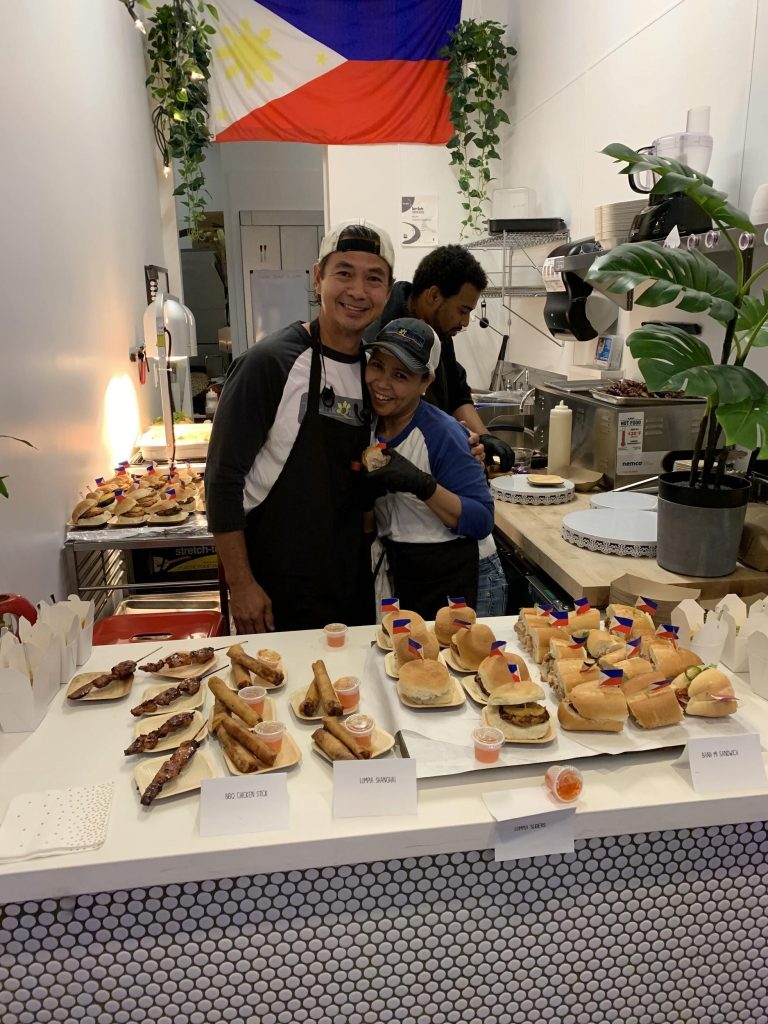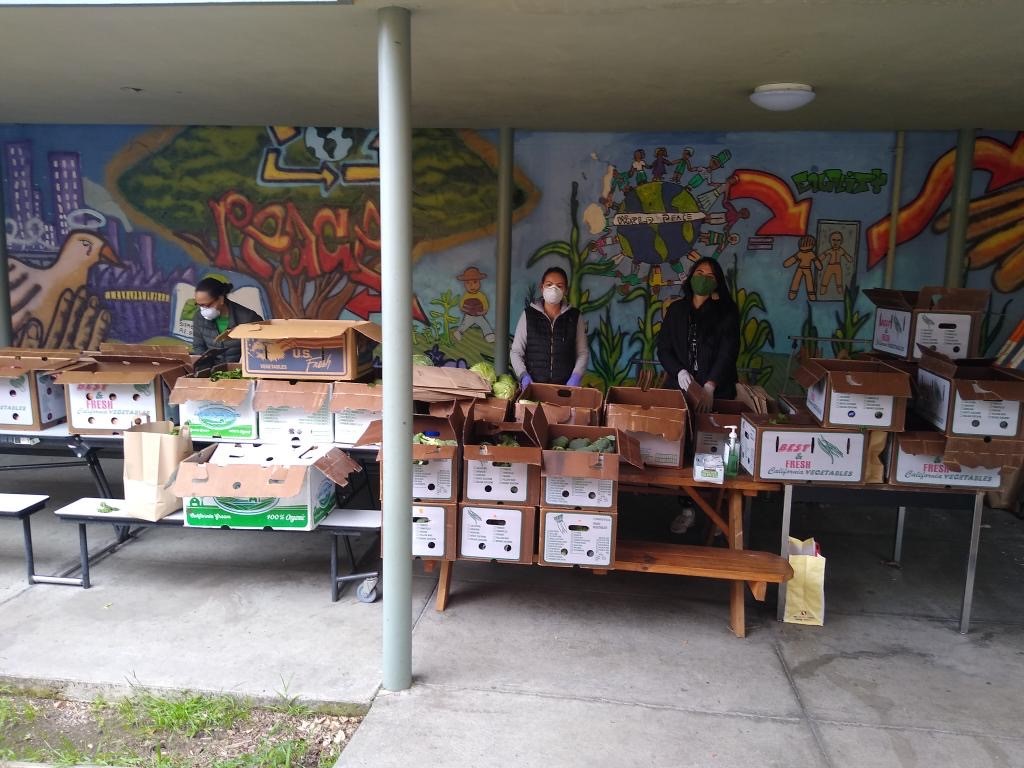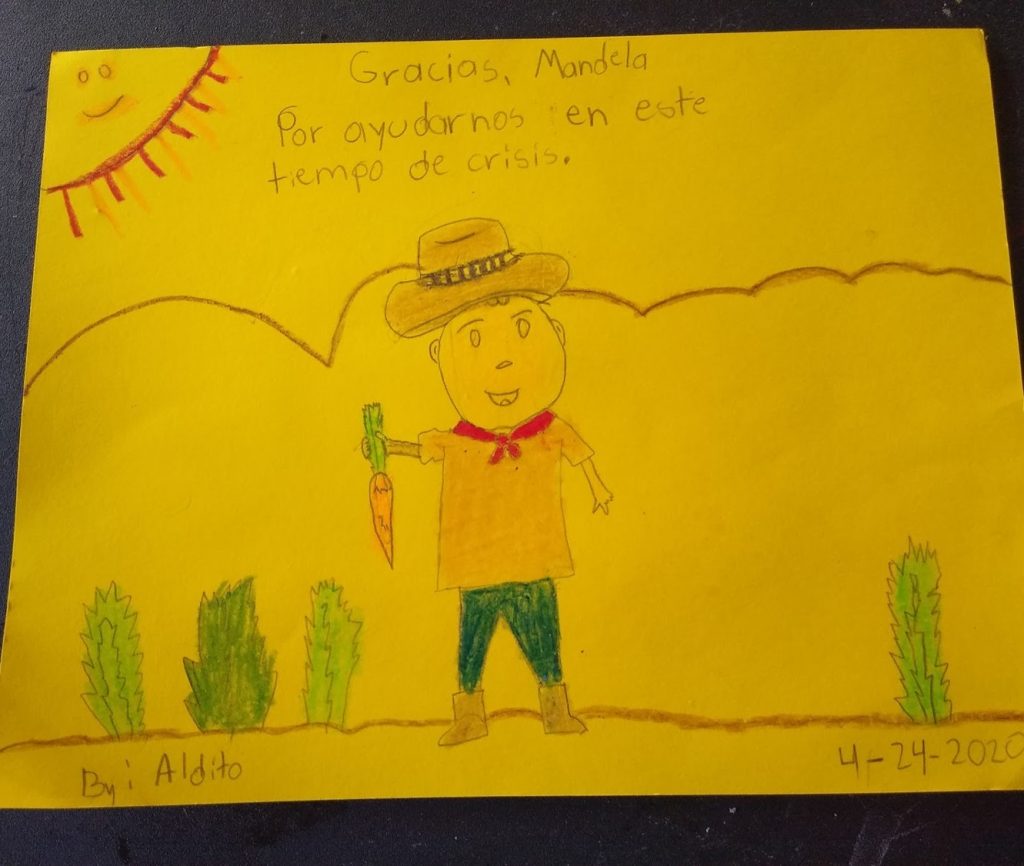
For over 15 years, folks at Mandela Partners have supported an East Bay regional food system that serves local farmers of color and low-income, low-access communities. Via its food hub – Mandela Produce Distribution – Mandela Partners sources sustainably grown-produce from local growers and distributes through a network of food access programs, independent grocery stores, and community-based businesses. But when the pandemic hit in March, they had to change up their model and fast. They re-focused their efforts on providing free CSA-style produce bags and produce-based meals which meant reconfiguring their warehouse and repurposing partners’ restaurant kitchens. They still play their role as a trusted, caring food distributor and community-connector, but how that is expressed shifted in a big way. Interim Executive Director, Mariela Cedeño, chalks up Mandela Partners’ ability to quickly meet their communities’ changed needs to their deep, multi-year relationships in the local food system — community groups, local businesses and small growers, and even funders — and to their organizational culture that prioritizes equitable community-based work.

In the midst of that rapid spin and subsequent months, the Mandela Partners team has seen afresh the inefficiencies of the conventional food supply chain and the inequities embedded in our current food systems. Mariela says, “The impact of Covid-19 has been severe – the communities we serve are at most risk of contracting Covid, have been the most impacted economically by Covid, and are dealing with higher levels of food insecurity prior to and as a result of Covid. Covid-19 has shed light on and exacerbated the food access and economic inequities that low-income communities of color have been enduring for a long time.” Furthermore, resources to support food insecure communities have left out the small businesses that are part of these communities. For instance, while admirable, the state-run and locally administered “Great Plates Delivered” program for at-risk adults, precluded many local smaller-scale food-makers. So, Mandela Partners is piloting their own community meal program with eight of their local partners.
Mariela wants to leave us with the strong message that this continued pandemic time should serve as a reality check. Our East Bay food systems cannot go back to what they were before pandemic. Our inequitable systems weren’t working then for many East Bay residents, and they won’t work after. So let’s make the needed changes stick! And groups like Mandela Partners are still hustling to support their communities. If you’re able, your continued or new support to their Emergency Relief Fund will go a long way!

